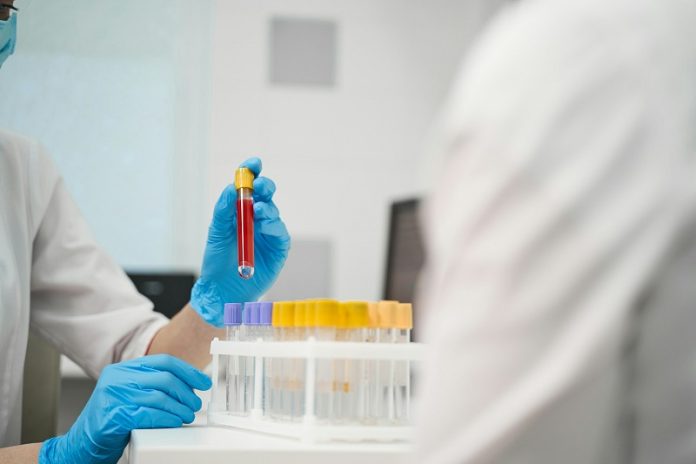
A new study has revealed a promising method that could one day allow doctors to detect and monitor cancer using only blood tests.
The research, led by scientists from Weill Cornell Medicine and the New York Genome Center, was published in Nature Methods on April 11.
The findings bring us closer to a future where regular blood tests could help find cancer early or check if it’s coming back after treatment.
The team developed an improved whole-genome sequencing approach that can spot tiny amounts of tumor DNA floating in the blood—sometimes as few as one part per million.
This tumor DNA, also known as circulating tumor DNA (ctDNA), is released by cancer cells into the bloodstream. Tracking ctDNA can help doctors see how much cancer is in the body and how it responds to treatment.
Until recently, this kind of deep DNA sequencing was too expensive to use routinely. But the researchers tested a new, low-cost sequencing platform from Ultima Genomics. This platform allows for a much deeper read of a person’s full DNA at a lower price.
The more deeply scientists can “read” the DNA, the easier it is to detect very small amounts of cancer DNA.
What makes this method stand out is the extra error-correction step the team added. DNA has two strands that mirror each other.
By comparing these two strands, the scientists were able to spot and remove errors in the sequencing data. This dramatically increased the accuracy of the test, making it more reliable than earlier techniques.
In the study, researchers successfully detected cancer in patients with bladder cancer and melanoma using only blood samples.
They even saw ctDNA levels rise when the cancer came back or got worse, and fall when patients responded well to treatment. This means the test might be used not just to detect cancer, but to monitor its progress over time.
Dr. Dan Landau, the study’s senior author and an oncologist at NewYork-Presbyterian/Weill Cornell Medical Center, said the new technique is a major step forward. He explained that thanks to lower sequencing costs and improved methods, using blood tests to track cancer might soon become a reality in everyday medical care.
Dr. Bishoy Faltas, a co-author on the study, added that including each cancer’s unique DNA patterns in the analysis helped boost the test’s sensitivity even more.
With continued research and clinical trials, this breakthrough could lead to simple blood tests that help detect cancer early, watch for recurrence, and guide treatment—all without needing invasive procedures.
If you care about cancer, please read studies that artificial sweeteners are linked to higher cancer risk, and how drinking milk affects risks of heart disease and cancer.
For more health information, please see recent studies about the best time to take vitamins to prevent heart disease, and results showing vitamin D supplements strongly reduces cancer death.
Source: Cornell University.



